Spy intrigues, politics, the kidnapping of a princess, the struggle for global domination – everything will be here …
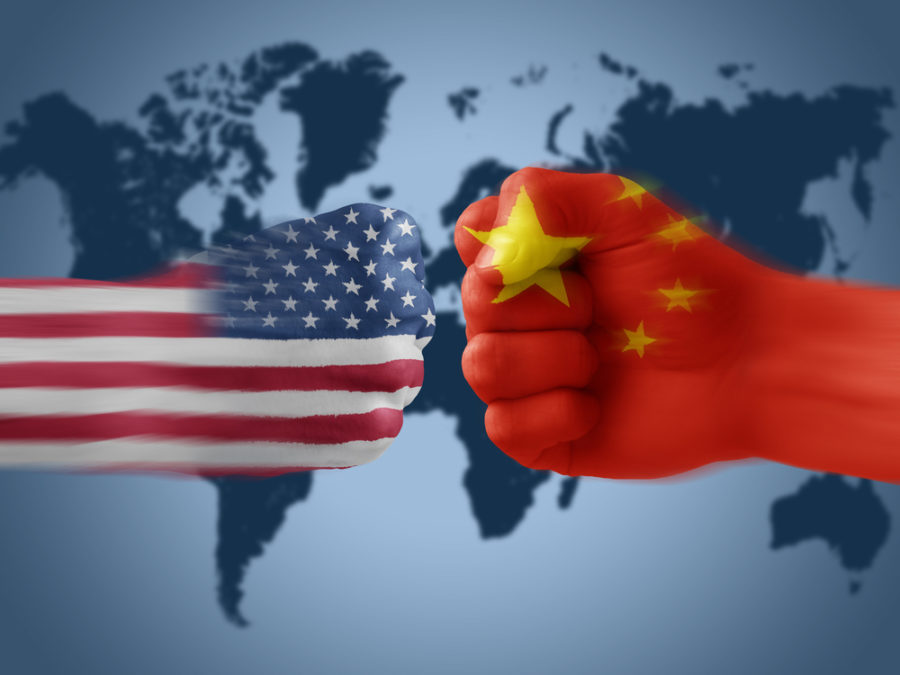
Original material by Michael C. Spencer
The trade war saga at this stage is about a Chinese company Huawei enjoying the backing of its government. The company is expected to become a global leader in smartphones and a major player in the 5G and Internet of Things revolution. And their Harmony OS will be able to run on all devices and platforms, a potentially brilliant solution.
According to the company itself, it should have lost about $ 30 billion due to blacklisting and falling under US bans, but in fact it turned out that the amount would be closer to 10 billion. For a company of scale and size Huawei, this is absolutely not critical money. Much of that amount comes from declining smartphone profits.
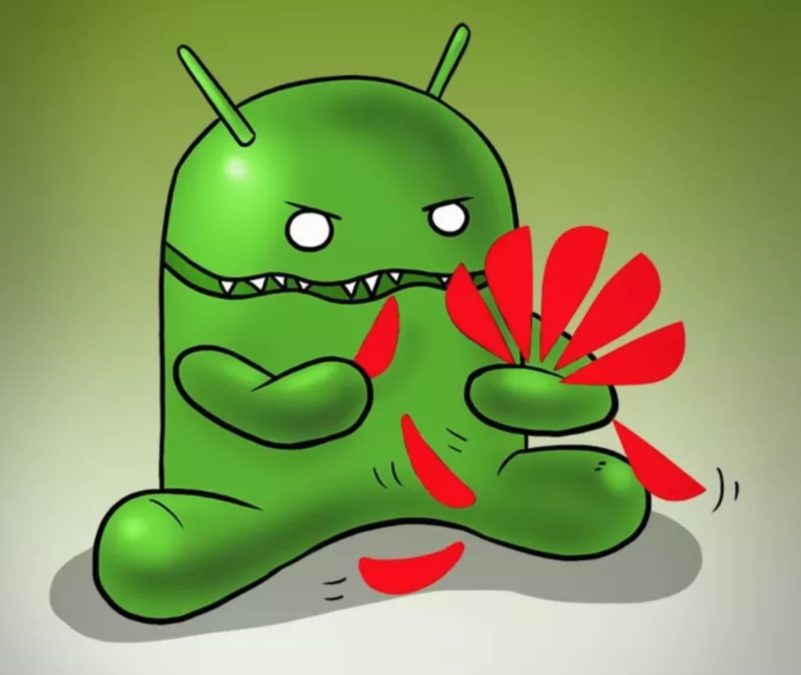
Trump used the company as a bargaining chip in negotiations with the Chinese government for more favorable trade terms, which include reducing surveillance, cloning and unfair appropriation (including in the course of cyber war) of US intellectual property.
The situation before the cold technology war
China is known for its deception practices, but business and politics have come face to face this year. In mid-2019, China reacted to trade tariffs in what appears to be an attempt to manipulate the currency.
Huawei have been accused for years of being a threat to US national security and of building tracking systems in Africa. It is no secret that surveillance is practiced in China for the benefit of the state, including social credit systems. With their help, the state encourages those who adhere to certain standards of behavior and punishes those who refuse to do so.
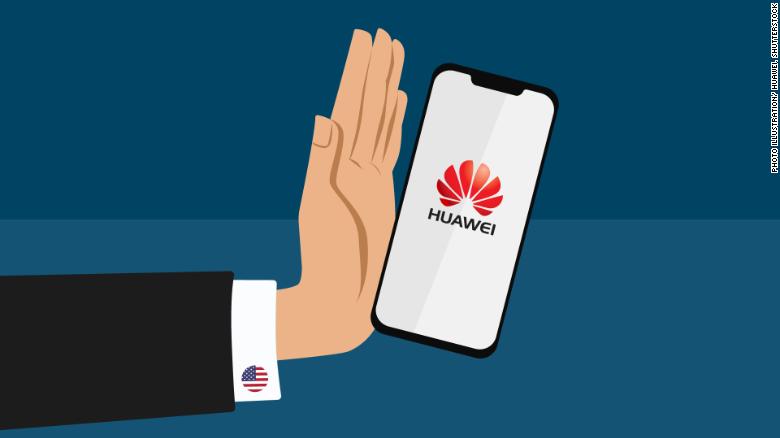
This means that Huawei is a technological super-giant operating in accordance with fundamental ideological tenets. Its global growth, along with the likes of ByteDance, Didi, Baidu, Xiaomi, Ant Financial and others, points to a mature China technology sector that will grow globally and become a pervasive threat to the United States. And this, in turn, is the end of the era of the global Internet monopoly of the United States.
Two large economies, two superpowers and two rival segments of the Internet. The ramification of the Internet is real, and it is Huawei that is at the center of the contradictions and the coming cold technological war. Founder and CEO Ren Zhengfei told his subordinates that the company is facing the issue of life and death. The trade war is in fact the catalyst for fanning a new anti-American nationalist movement in China. And this despite the fact that most families from the top of the Chinese society prefer to send their children to study in America, so that they live abroad and build a career that does not involve permanent residence in mainland China.
Native OS and AI processors
Huawei even attacks the artificial intelligence processor sector. The company has a reach that none of the Western players can match, by analogy with how Amazon are feared in their home market. The Chinese giant is on the US blacklist, which restricts US companies from cooperating with Huawei. These restrictions are eased for another 90 days. This US pressure hindrance is the 'perfect storm' for Huawei to be even more innovative after.
The Chinese telecommunications company is increasingly involved in the US-China trade war and is often viewed by US officials and analysts as a “security threat.”
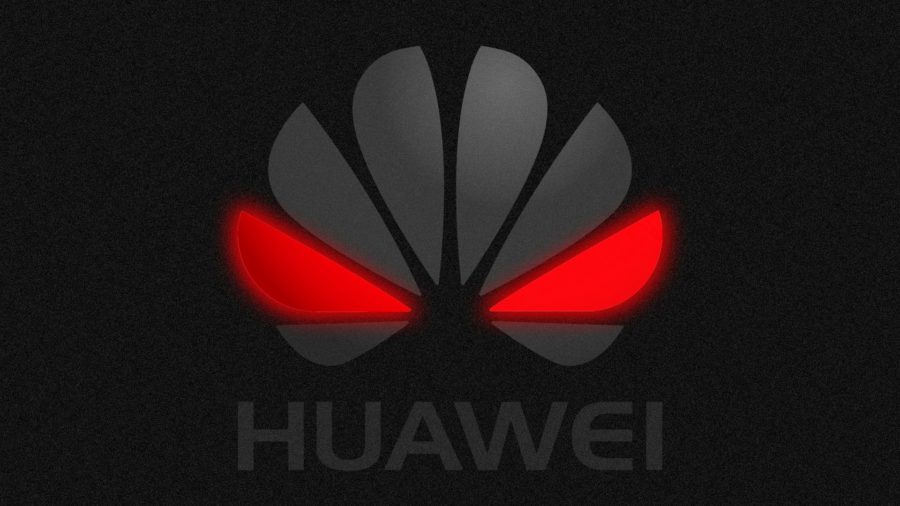
If Huawei is in fact a private company with government backing, then we must accept the possibility that big companies like Alibaba are, or will be in the future. As China moves forward to strengthen its dominance in world capitalism, it is this country that dictates its rules.
Huawei everything is trying to get out of the influence of American technology. All that remains for China is to catch up with the competition in cloud storage, artificial intelligence and global entertainment systems like streaming. The country is already leading the way in custom applications and critical industries and sectors such as fintech, venture capital and innovative startups.
With Huawei or not, China is considered a prime candidate for victory in the Cold War, and its dominance could last for about thirty years.
The Chinese market will become more and more important for the global economy. China's contribution to technology and innovation is already so massive that American firms copy and clone Chinese solutions, rather than vice versa. Developing Huawei in-house AI processors targets data centers and pits Huawei against U.S. tech giants like Qualcomm and Nvidia.
And all of this makes Huawei hungry for 'battle', which echoes the general spirit of the culture. A similar fanatical mentality is seen in young and innovative Chinese companies such as ByteDance, Meituan and Didi. As Silicon Valley's monopoly constraints, smartphone oversaturation, and venture capital market dysfunction slow innovation in Silicon Valley, China is accelerating as it innovates and how it can spawn curious startups on a global scale. The Chinese innovation ecosystem can grow and develop for decades, but the problem is finding the necessary talented people for this.
So far Huawei still adheres to Android, but over time, the Chinese Internet will become so mature that it will compete on equal terms with its Western counterpart, run by Google, Facebook and Amazon. The Cold War will only happen when these two internet sites start to really fight for global market share. And China is forced to adapt to the obstacles that are placed before Huawei.
Yet the value judgments and rhetoric that such a state of affairs would destroy Huawei were overblown and exaggerated. A blacklist or significant increases in tariffs are forcing the industry to adapt. But the most potentially dangerous element is considered to be uncertainty about the global economy that this process of change will create, because even the strongest economies, such as Germany, are approaching the edge of economic recession in 2019.
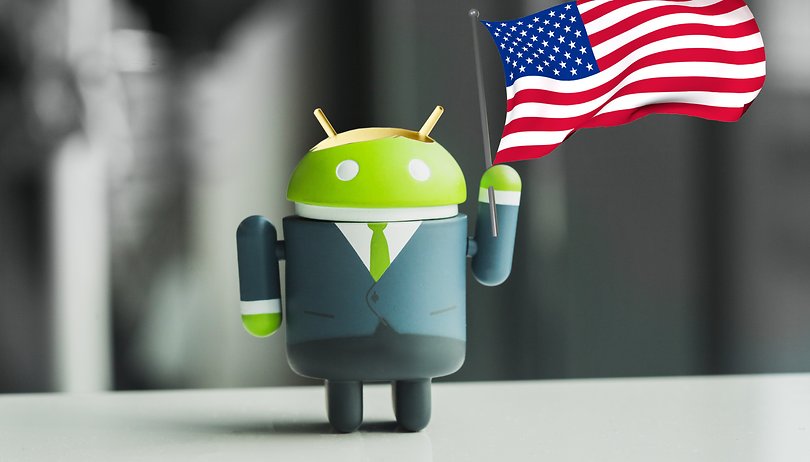
And today it is quite obvious that it is he who awaits us in the next 6-9 months. The global economic downturn will prompt Chinese companies to regain their positions in a way that will be akin to the rise of a new tech dynasty of international companies. They will have no equal, because in the 2020s and 2030s they will understand how best to go to the world level, looking at their predecessors – Apple, Microsoft, Google, Facebook and Amazon, all of them have been doing this for decades.
Huawei is a strategic business and technology competitor that no American company can match, not even Apple. And the US is right to fear it. Even Google partnered with Huawei to create a smart column. Coincidence? I'm not sure, rather 'if you can't defeat the enemy, then join him.'
Original material by Michael C. Spencer
Another thesis that China will win everyone, but the further, the more convincing this prospect looks. And even the United States, it seems, will no longer be able to do anything about it, and realizing this, the government is taking steps in the style of a second easing for 90 days, as if delaying the time to implement a balanced decision. But so far only strange and risky steps are on the surface. What is one idea about the transfer of all production facilities of American companies to the United States?
Huawei, it seems to me, in the long run will only benefit from this whole situation, which will once again confirm the mentality of the Chinese, ready to lose in a local skirmish, but brilliantly win the war in five, ten, twenty years. If China wins, what kind of technological world will we live in?
